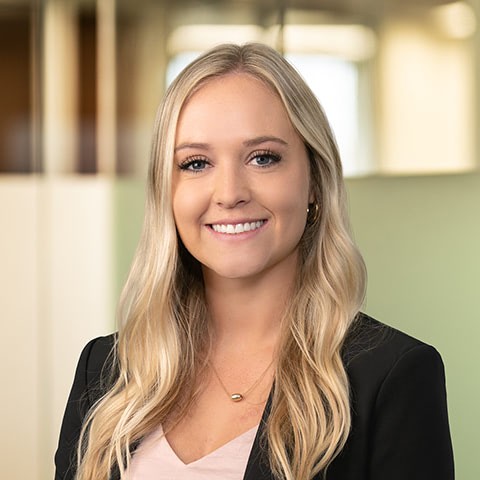Judge Flattens Tires on Uber Self-Driving Car Project Through Injunction And Other Orders
Topics: Non-Compete and Trade Secrets
On February 23, 2017, Waymo (Google’s self-driving car subsidiary) sued Uber, under the DTSA in the Northern District of California, alleging that Waymo’s former star engineer, Anthony Levandowski, conspired with Uber to steal its trade secrets to allow Uber to make a technological leap forward on its self-driving car project. Early litigation has been complicated by a separate arbitration against Levandowski and Levandowski invoking his Fifth Amendment rights that stymied document production and discovery. This heavily litigated matter has over 447 separate docket entries since it was filed a couple of months ago.
Three recent rulings demonstrate the Court’s concern that Levandowski improperly took Waymo’s proprietary information and that Uber benefited from that taking. These orders are important to the developing DTSA case law and have additional implications for all employers.
Late last week, Judge Alsup denied Uber’s motion to stay the litigation and to compel Waymo to pursue a remedy in arbitration. In addition, the Court, in a rare move, sua sponte referred the case to the United States’ Attorney to review for potential criminal prosecution. And, the Court granted, in part, and denied, in part, Waymo’s request for injunction in a redacted decision made public on May 15, 2017.
The silver linings for Uber included the Court’s decision not to shutter Uber’s self-driving car program, finding that many of Waymo’s asserted trade secrets did not qualify as trade secret and that Waymo overreached by claiming ownership over general principles and approaches in the field. However, the Court concluded that Uber hired Levandowski even though Uber knew or should have known that he possessed over 14,000 confidential Waymo files, including at least some with confidential or trade secrets, that likely have made their way into Uber’s technology. Waymo provided evidence that Levandowski downloaded over 14,000 encrypted files to his Waymo laptop shortly before his departure to set up a new company, used removable hard drives presumably to save the files, and then overwrote his Waymo laptop with a new operating system that wiped out the memory on his Waymo laptop, paired with evidence of his communications with Uber, including Uber’s valuation of Levandowski’s information.
However, even on this record, the Court refused to enjoin Uber from using specific asserted trade secrets in pursuit of its self-driving car but noted that a jury finding that Uber wrongfully incorporated Waymo’s technology will support a permanent injunction stripping the trade secrets out. In this light, the Court fashioned a narrowly tailored order in a manner that it described as “mainly prohibit[ing] Levandowski from working on Uber’s” technology. However, the Court’s actual order, conditioned on Waymo posting a $5 million bond, provides a notable spectrum of further affirmative relief designed to pierce through the Fifth Amendment and other discovery objections to locate additional incriminating evidence against Uber, Levandowski or both, including:
- Uber was ordered to exercise the full extent of its employment relationship to cause Levandowski to return the “downloaded materials” that Levandowski claimed were privileged under the Fifth Amendment observing that “Uber, a private employer, [can] do whatever it can to ensure that its employees return 14,000-plus pilfered files to their rightful owner. If Uber were to threaten Levandowski with termination for noncompliance, that threat would be backed up by only Uber’s power as a private employer, and Levandowski would remain free to forfeit his private employment to preserve his Fifth Amendment privilege.”
- Uber was ordered to conduct an audit and account for every communication with any of its employees or representatives that saw or heard of the downloaded materials, including communications with Levandowski’s separate counsel, and are required to report on non-cooperative third parties in this endeavor and to provide a complete chronology of all oral and written communications, including meetings, texts, phone calls, voicemails and more, where Levandowski mentioned Waymo’s technology to anyone associated with Uber; and
- the Court ordered additional expedited discovery, additional depositions of Uber and inspections of Uber’s work efforts.
The Court’s order highlights the very high standards that Federal Courts will look to before eliminating competition on a preliminary injunction procedure as well as the significant bonding requirement of which trade-secret plaintiffs should be aware. And, of interest to all employers is the Court’s decision to compel Uber to force Levandowski to turn over property in Levandowski’s possession that Levandowski claims is privileged or face termination. Appeals from one or both sides are likely.




